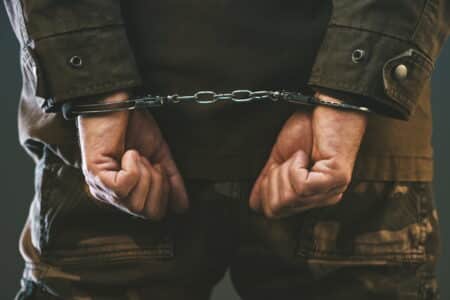
How a Lawyer Can Help You Survive a Military Investigation – Guest Post
A military investigation can be a daunting experience. In cases like this, proper legal counsel can make all the difference. An experienced military investigations lawyer can provide the support, guidance, and representation you need to navigate this challenging process. Here,






